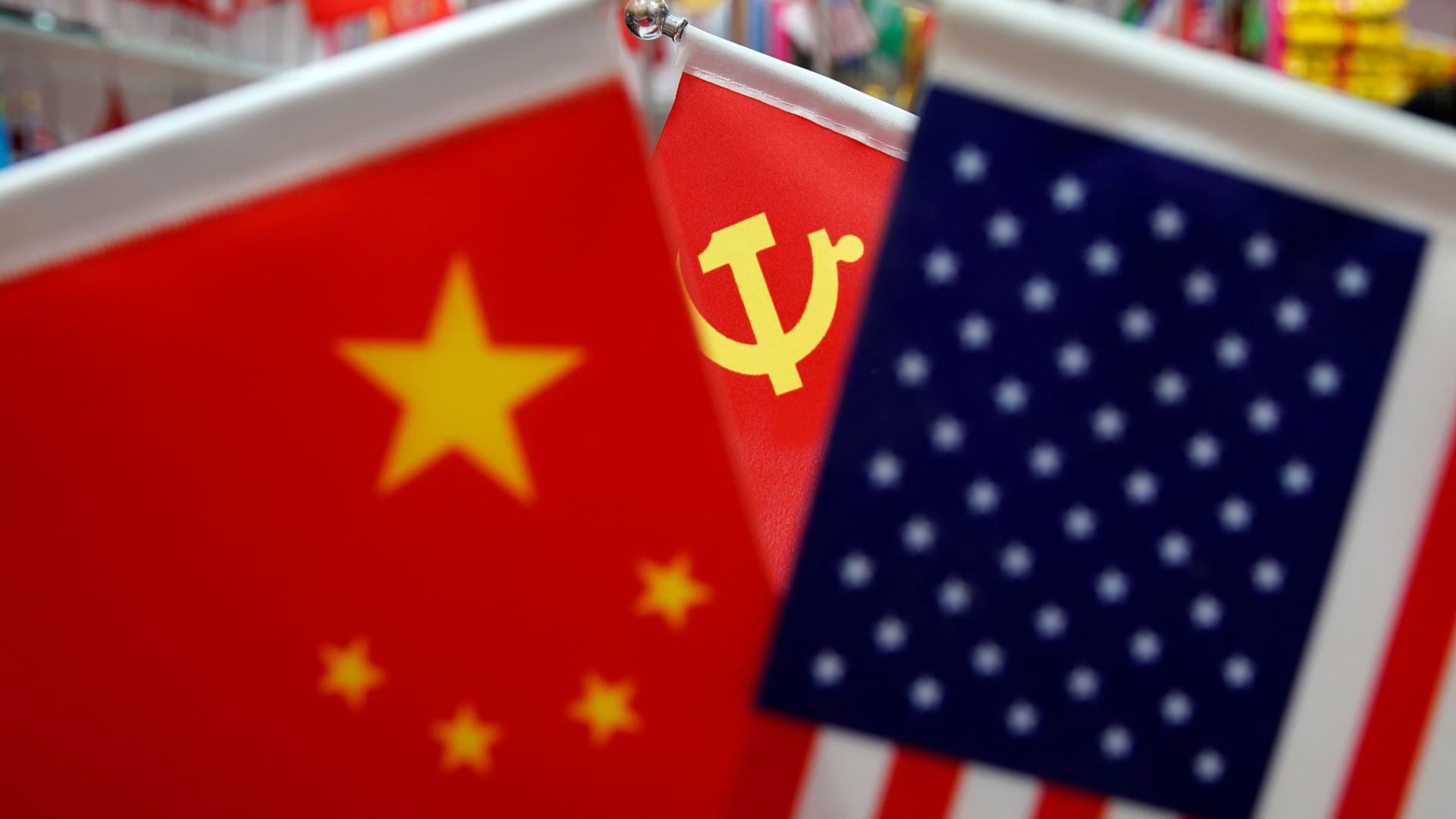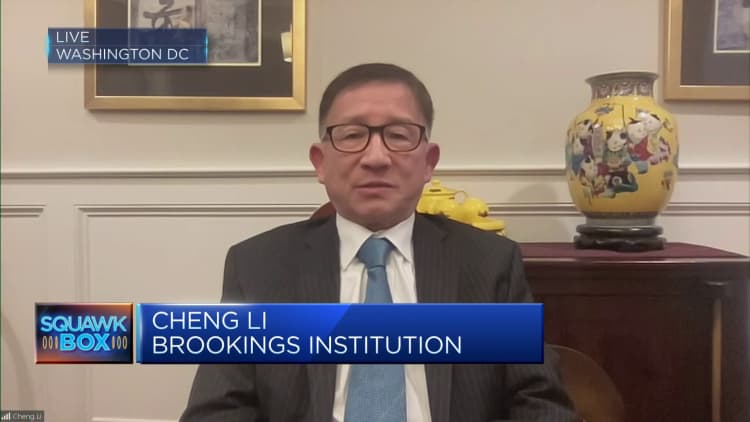
“What I want to emphasize regarding this unexpected accident is that both sides, especially the U.S., should remain calm,” said China’s Ministry of Foreign Affairs spokesperson Mao Ning.
Aly Song | Reuters
BEIJING — China’s Ministry of Foreign Affairs spokesperson Mao Ning urged both sides to remain calm after the U.S. said it shot down what it called a Chinese spy balloon.
“What I want to emphasize regarding this unexpected accident is that both sides, especially the U.S., should remain calm,” Mao said in Mandarin, according to a CNBC translation.
She was speaking at the first of the ministry’s daily press conferences after U.S. Secretary of State Antony Blinken indefinitely postponed his trip to Beijing following news that a suspected Chinese surveillance balloon was flying over the United States.
Blinken was originally expected to visit Beijing Sunday and Monday, although the U.S. had offered few official details and the Chinese side never confirmed the trip. The U.S. military shot down the balloon over the weekend.
China has called the balloon a “civilian unmanned airship” and said it was primarily conducting weather research before it was blown off course.

Foreign Ministry spokesperson Mao emphasized the accidental nature of the balloon’s flight path, and said China has lost control of other such vehicles, according to her question-and-answer session Monday with reporters.
When asked who or what kind of company made the balloon, Mao declined to share any details.
Majority Leader Chuck Schumer “revealed that we do know that once the balloon was exposed to the public, China attempted to maneuver the balloon to leave the U.S. as soon as they could,” a Senate Democrats press release said Sunday.
When asked to confirm this detail, Mao said China’s communication with the U.S. “always works hard to handle things responsibly.”
She said again that the event was accidental, but puts the U.S. to the test in terms of how it can handle crises and stabilize U.S.-China relations. Mao reiterated China’s calls for “mutual respect, peaceful coexistence and win-win cooperation“ in the bilateral relationship.
Plans for Blinken to visit Beijing were announced in November after Chinese President Xi Jinping and U.S. President Joe Biden had their first in-person meeting during the Biden administration.
News of the meeting and expectations that Blinken would visit Beijing had increased hopes for more stability in the tense U.S.-China relationship.
Ahead of Blinken’s visit, U.S. Department of State spokesperson Ned Price told reporters Thursday that one goal of high-level conversations with Beijing was “responsible management” of the world’s “most consequential” bilateral relationship. Such talks, he added, are meant to ensure that “competition doesn’t veer into conflict.”
